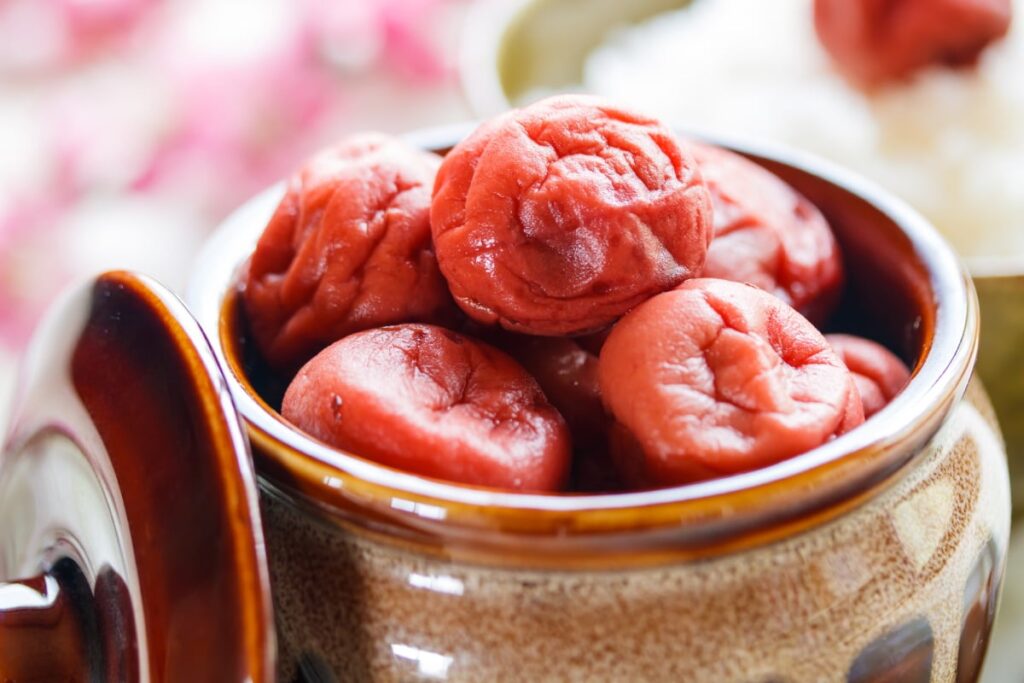[ad_1]
They’ve long been a favorite delicacy among many in Japan. But suddenly, it seems like people have stopped eating picked dried plums (梅干し; umeboshi) – and manufacturers are freaking out.
Umeboshi are a variety of plums made by drying the plum after it’s soaked in a salt solution. They’re used in bento boxes and in onigiri, as well as in plume sake (梅酒; umeshu). Most of the country’s umeboshi production is centered in Minabe in Wakayama Prefecture.
However, according to new government statistics, their popularity has taken an unexpected dip. A survey of households by Japan’s Ministry of Internal Affairs & Communications surveyed households with two or more people. It found that, compared to a 2002 peak of 1,053 grams per household per year, people as of 2021 are only eating 658 grams. That’s slightly larger than a typical pack of umeboshi one buys at the store.
Manufacturers say they’re feeling the pinch, too. “Our warehouses have bottomed out,” one said. With consumers no longer “We have nowhere to send our stocks.”

Industry insiders say the variability of plum yields is accelerating the crisis. 2020 was a thin crop, yielding only about 40 to 60% the usual haul. This means manufacturers can’t run promotions to sell a product they don’t have – resulting in warehouse stockpiling. Now, with bumper crops in 2021 and 2022, warehouses are filling up even faster.
A distaste for umeboshi?
One reason for the drop in popularity of umeboshi? Young people don’t like them, saying they’re not keen on their salty sourness. People under 29 only eat around 303 grams, compared to people 60 and over who consume over 700 grams.
Additionally, items like umeboshi are becoming less of a staple in breakfast meals, with many people opting more and more for other staples such as bread. (Rice consumption has suffered a similar fate.) The changing structure of Japanese families also plays a role, say experts.
The LiveDoor news article went viral on Twitter, garnering over 500K likes and generating heated discussion. Many of the retweets and comments profess love for the Made in Japan product and urged people to eat more of them. No telling whether the sudden outburst of support will be enough to stem the tide.
What to read next
In Japan, Says Survey, Food Matters Way More Than Sex
Sources
梅干しの消費量が激減 製造業者が苦境訴える「倉庫がパンクし行き場ない」. LiveDoor News
[ad_2]
Source link


